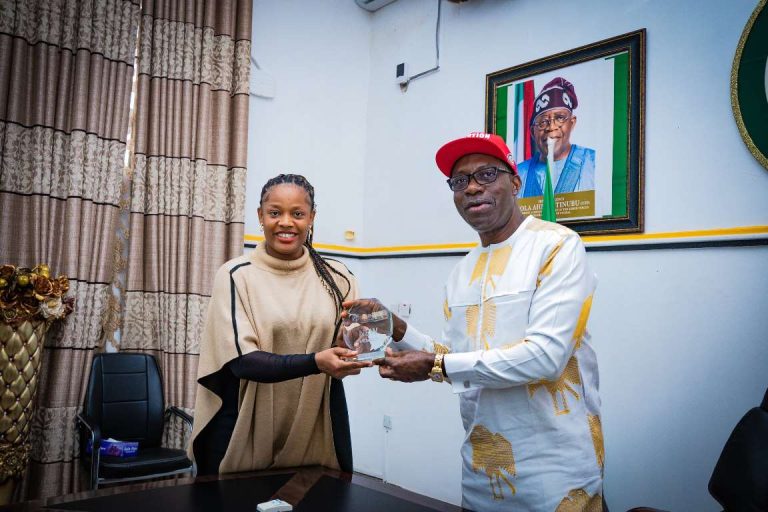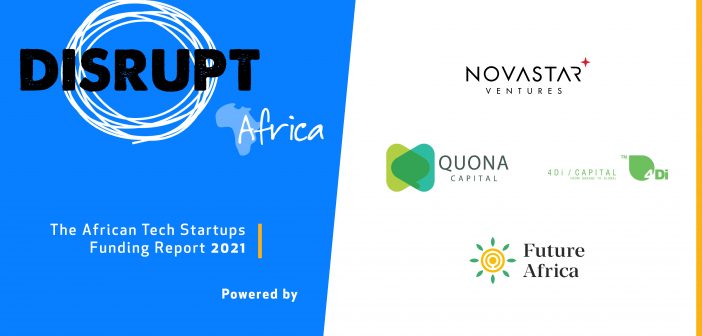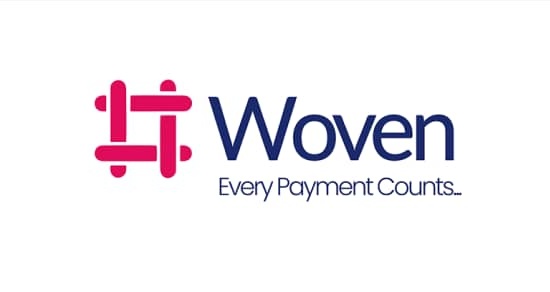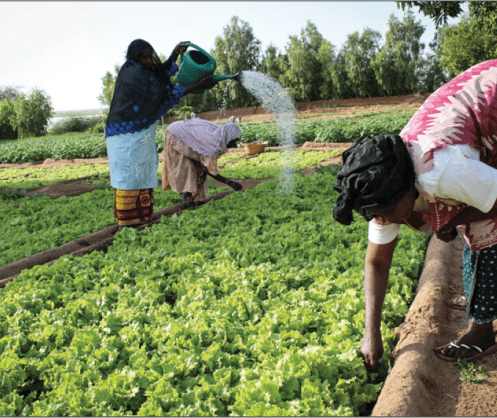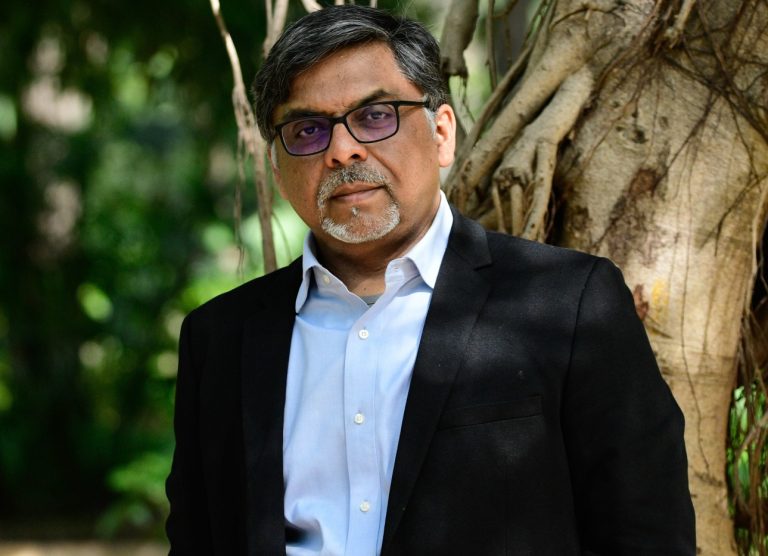African nonprofits want to “decolonize” donor funding
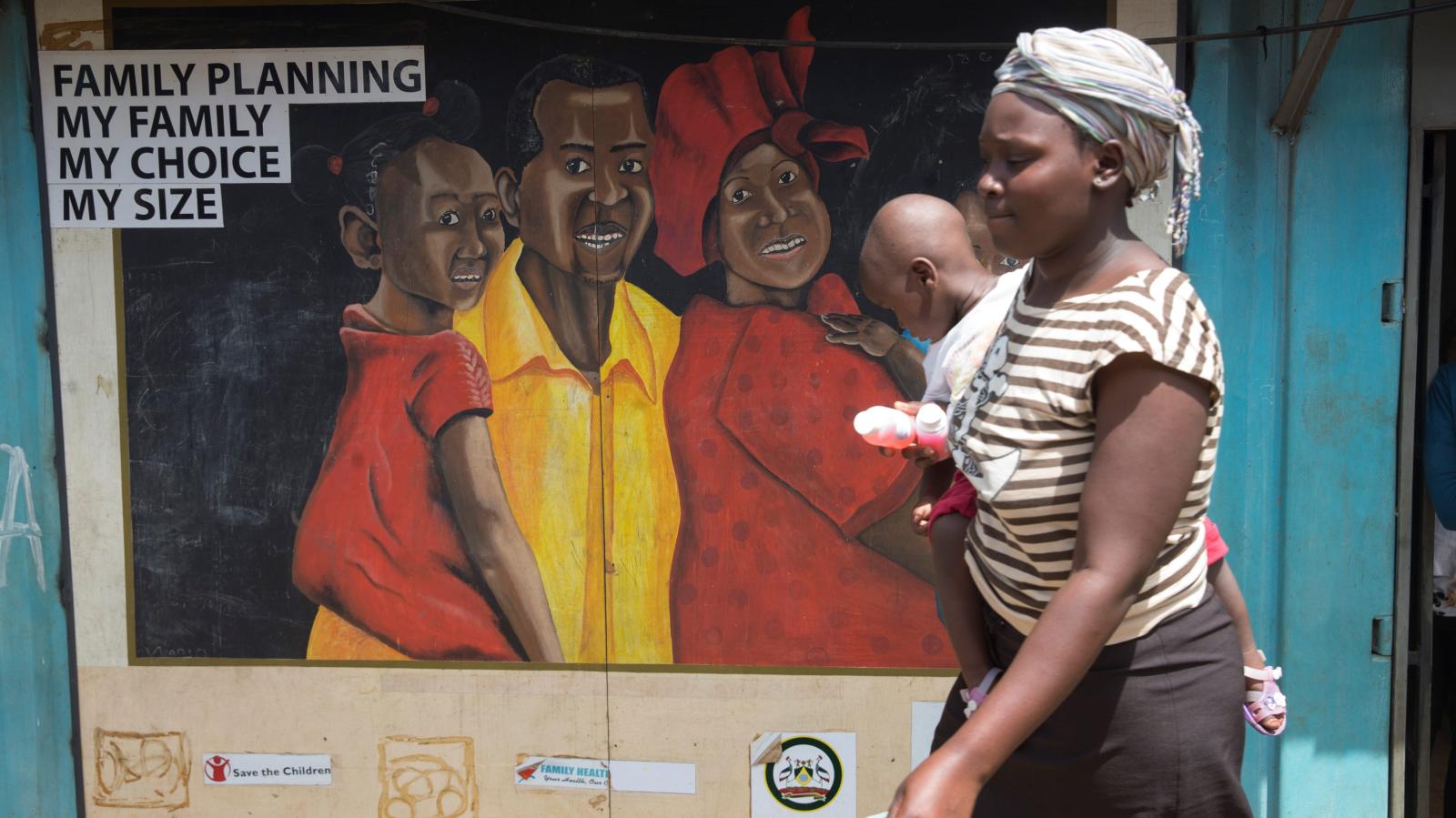
International development funding to Africa has a “colonial” approach that favors Western organizations at the expense of local civil society organizations (CSOs), a new independent report funded by the Vodafone Foundation says.
Most donor resources go to intermediary non-governmental organizations (NGOs) based in the northern hemisphere, the report says, describing the system as one that is designed to make African institutions forever dependent on international donors.
“There is injustice going on here,” Kennedy Odede, founder and CEO of the Nairobi-based Shining Hope for Communities NGO, tells Quartz.
“There is no respect, there is no understanding on the ground. And the international donors must really understand and facilitate a level playing field,” he adds.
Report investigates barriers facing African civil society
To understand the barriers facing African civil society organizations, researchers conducted a literature review and interviewed 56 people from 37 CSOs in Ethiopia, Ghana, Kenya, Nigeria, and South Africa, including executive directors, country representatives for international NGO, and program managers.
In Africa and elsewhere, CSOs including NGOs play a vital role in social development filling humanitarian and social gaps left by the government and private sector in key areas such as health, education, human rights, and the environment. They help advance human rights and develop policies and implement them. But the global flow of aid resources hinders the effectiveness and sustainability of local NGOs, as well as their ability to scale and build capacity.
“They have no say in the issues or solutions that get prioritized, even when they know better,” she tells Quartz. “It means that their work is donor driven, rather than community led.”
In this model, she adds, the relationship between African and international CSOs are rarely partnerships to co-create solutions but a contractor-sub-contractor relationships where the African CSOs are contracted to deliver specific outputs.
Covid-19 has increased the need to revisit funding systems for CSOs
The Covid-19 pandemic increased the need to simplify funding systems and build resilient institutions, the report says. With international NGOs leaving, local NGOs had to continue working on the ground but without emergency resources as funding is typically meant for specific projects.
The report found many international barriers that African CSOs face, including “racialized and colonial” funding and donor preferences and choices, complex donor systems, requirements, language and reporting mechanisms.
Donors, it says, “prefer funding INGOs because they are professionalized, urban, and have the required skills, credibility, and resources to deal with donors’ architecture.” International NGOs, “understand ‘donor jargon’, including accountability and the reporting requirements that are seen to ensure value for money and project effectiveness,” the report says
Vodafone report recommends Western donors change their approaches
One of its recommendations to addressing these issues is for Western donors to change their grant-making processes, their guidelines and procedures, standards, and management systems to create a fair environment for local CSOs. Another is by creating a balance between core and project funding, whereby CSOs get enough funding and room to develop long-term strategies so they can invest in non-program critical issues or improve their own financial management systems. Lastly, the report recommends donors make conscious efforts to strengthen the capacities of CSOs in order to build the sustainability of the organizations.
“Growing their own assets, and leveraging local resources, could be a way to build the foundation for financial sustainability so that if all external funding were to dry up, a CSO would not have to shut down,” she says.


